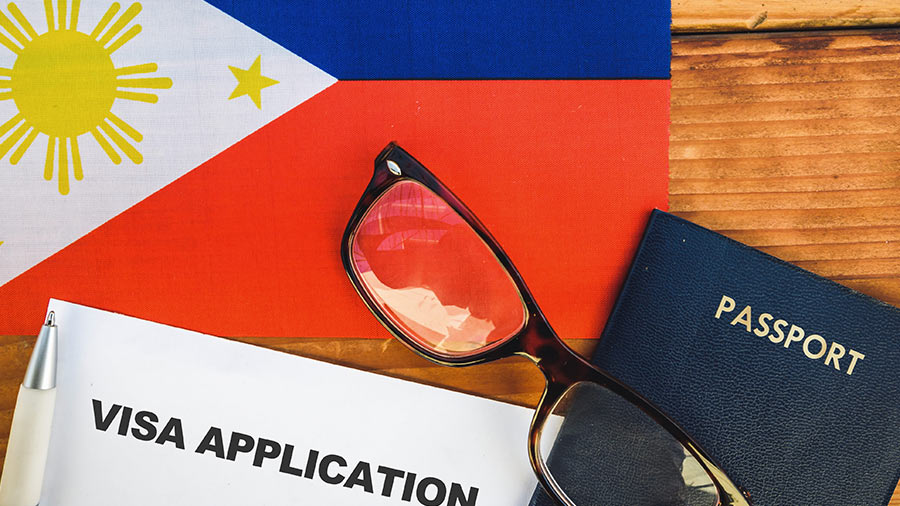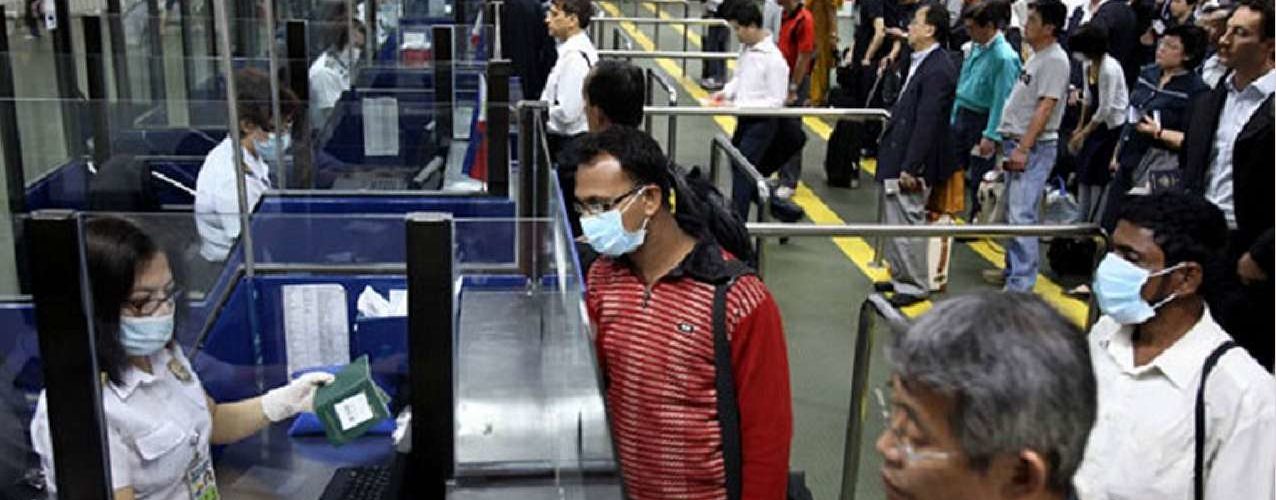A 9a Visa holder can initially stay in the Philippines for 30 days, with the option to extend up to a maximum of 36 months.

Duration of Stay
Initial Period of Validity
When you first arrive in the Philippines on a 9a Visa, you are typically granted a stay for an initial period of 30 days. This can vary based on your nationality and the discretion of the immigration officer. Make sure to verify the exact duration stamped in your passport to avoid any legal complications.
Extensions Available
After the initial 30-day period, you have the option to extend your stay. The Philippine Bureau of Immigration offers multiple extension options:
- First Extension: You can extend for another 29 days, making it a total of 59 days from the day of arrival.
- Subsequent Extensions: After the first extension, you can apply for another extension of one to six months, depending on your need and qualifications.
- Maximum Period: Generally, you can keep extending your stay up to a maximum of 36 months.
- Special Cases: In certain special cases, longer extensions may be granted but require additional documentation and higher fees.
While extending your 9a Visa, it’s essential to consider the total duration allowed and plan your extensions accordingly. Keeping track of these timelines will help you avoid overstaying and incurring penalties.
Requirements for Extension
Necessary Documents
To extend your 9a Visa stay in the Philippines, you will need the following documents:
- Valid Passport: Your passport must have at least six months of validity remaining.
- Current Visa Stamp: A clear photocopy of the page with your current 9a Visa stamp.
- Accomplished Extension Form: The official form for visa extension provided by the Bureau of Immigration.
- Proof of Financial Capacity: Bank statements or other proof showing you can financially support your extended stay.
Application Process
Here is a step-by-step guide on how to extend your 9a Visa:
- Visit the Nearest Bureau of Immigration Office: Find the nearest office where visa extensions are processed.
- Submit Necessary Documents: Hand over all the required documents to the immigration officer for review.
- Pay for Assessment: An immigration officer will assess your eligibility and tell you the exact fees for the extension.
- Receive Approval and New Visa Stamp: Once approved, you’ll receive a new visa stamp on your passport, extending your allowed stay.

Fees
The extension fees for a 9a Visa can vary based on the length of extension and any additional processing or express lane fees:
- First 29-Day Extension: Around 3,000 PHP to 5,000 PHP.
- Subsequent One to Six Month Extensions: Fees range from 4,000 PHP to 8,000 PHP.
- Additional Costs: There might be other costs such as express lane fees or special processing fees depending on your circumstances.
Overstaying Penalties
Fines and Fees
If you overstay on a 9a Visa in the Philippines, it’s important to resolve the situation as soon as possible to minimize penalties. Here’s what you can expect in terms of fines and fees:
- Daily Fines: For each day you overstay, you will incur a fine ranging from 500 PHP to 1,000 PHP per day.
- Additional Penalties: On top of daily fines, you may also be subject to a blacklist order, which can increase the costs further.
- Administrative Fees: There are administrative fees that come with resolving an overstay case, which can cost up to 4,000 PHP.
Legal Consequences
Overstaying on a 9a Visa doesn’t just result in financial penalties. You might face legal repercussions, such as:
- Deportation: In extreme cases, overstaying could lead to deportation proceedings.
- Blacklisting: Your name may be added to an immigration blacklist, which would prevent you from returning to the Philippines in the future.
- Criminal Charges: Overstaying for an extended period may attract criminal charges, which would involve legal procedures and potentially result in imprisonment.

Other Types of Visas
The Philippines offers several types of visas aside from the 9a Visa. Here are some of them:
- 9g Working Visa: This is for foreign nationals who intend to work in the Philippines. It requires a pre-arranged employment contract.
- 13a Spousal Visa: This visa is for foreign nationals married to a Filipino citizen.
- SRRV (Special Resident Retiree’s Visa): Designed for foreign retirees who wish to reside in the Philippines.
- Student Visa: For foreigners who plan to study in accredited institutions in the Philippines.
- 9b Business Visa: Ideal for those who have business interests in the country but are not employed there.
Comparison with Other Visas
Here’s a comparison table to help you understand the differences between the 9a Visa and other common types of Philippine visas.
| Visa Type | Initial Duration | Extension Options | Purpose | Requirements |
|---|---|---|---|---|
| 9a Tourist | 30 days | Up to 36 months | Tourism, short visits | Passport, financial proof |
| 9g Working | 1-3 years | Renewable | Employment | Employment contract, company sponsorship |
| 13a Spousal | Indefinite | Not Applicable | Marriage to Filipino citizen | Marriage certificate, financial proof |
| SRRV | Indefinite | Not Applicable | Retirement | Age and financial criteria |
| Student | Based on course duration | Based on course | Study | School admission, financial proof |
| 9b Business | Varies | Limited | Business | Business documents, financial proof |
Who Should Consider Applying for a Different Visa?
If you find that the 9a Visa doesn’t suit your long-term needs, you might consider applying for one of the other types of visas mentioned above. Here are some scenarios:
- For Long-Term Employment: Consider the 9g Working Visa.
- Married to a Filipino Citizen: The 13a Spousal Visa would be the most appropriate.
- Retiring in the Philippines: The SRRV is designed specifically for this purpose.
- Studying in the Philippines: A Student Visa will be necessary.

Common Questions and Concerns
Can the 9a Visa be Converted to Another Type?
Yes, a 9a Visa can generally be converted to another type of visa, such as a 9g Working Visa or a 13a Spousal Visa. However, the conversion process involves:
- Submitting a new set of required documents.
- Paying additional fees for the conversion process.
- Appearing for interviews or providing additional proof, depending on the visa type you are converting to.
What Happens if I Lose my Passport?
If you lose your passport while in the Philippines, take the following immediate actions:
- Report the loss to the nearest police station and obtain a police report.
- Contact your country’s embassy or consulate to report the loss and apply for a new passport.
- Visit the Bureau of Immigration to report the loss and to get guidance on how to proceed with visa-related issues.